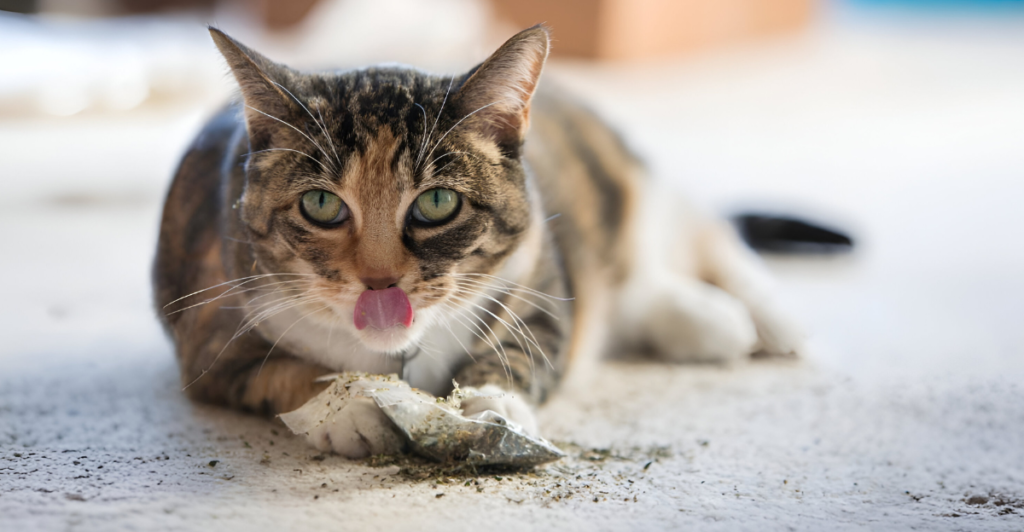
Having a cat as part of your family can be rewarding, and you’ll have a loving companion for years. Cats might seem like low-maintenance pets, but a few mistakes people tend to make can drastically impact the care and longevity of your cat’s life. A common blunder can become a life-threatening mistake, so staying informed can keep your cat happy for as long as it lives. Here are 10 simple mistakes people make which can easily be fixed.
1. Skipping Annual Vet Visits

As cats age faster than humans, it’s only fair to say that they need a checkup with the vet at least once per year. Even the healthiest cats can easily hide when they feel unwell; you might only notice something wrong when it’s too late. Cats mask pain instinctively, making subtle symptoms easy to miss. Regular blood work, dental checks, and parasite control can prevent emergencies. Having regular checkups can help avoid diseases like kidney disease and diabetes, which are often detectable through early bloodwork. Veterinarians can also give advice on preventative care, nutrition, and behavioral habits.
2. Sudden Diet Changes
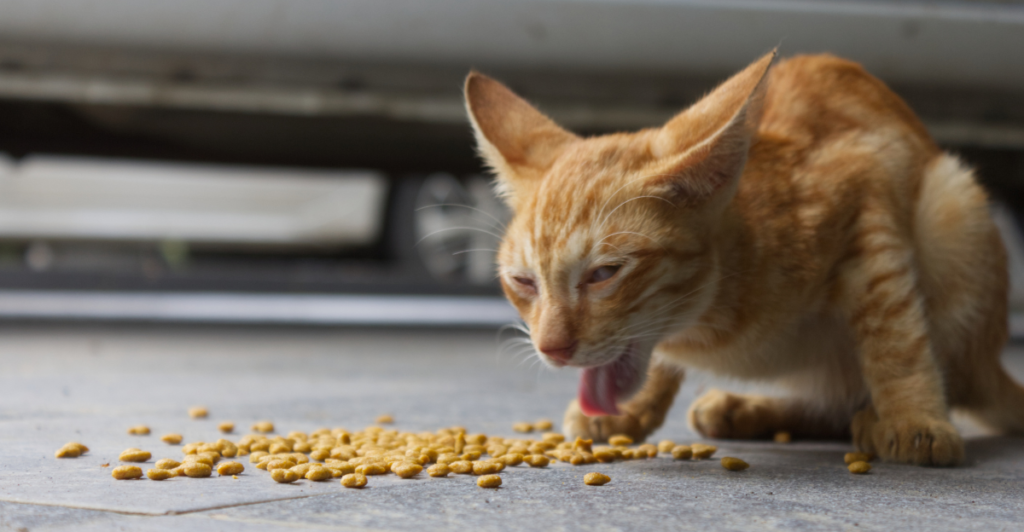
Cats aren’t big fans of change, including changing the food they are used to. A sudden change in food can cause digestive upset, vomiting, or refusal to eat, leading to other health complications if not kept in check. If you want to start using a new type of food, gradually introduce new foods over 7–10 days by mixing small portions with their current diet. Cats thrive on meat-based diets, and feeding them foods that aren’t meant for them can cause serious harm. Choose high-quality food brands and consult with your veterinarian if you are unsure. Overfeeding is also a big concern among cats, so stick to feeding instructions and portion sizes.
3. Using Toxic Cleaning Products
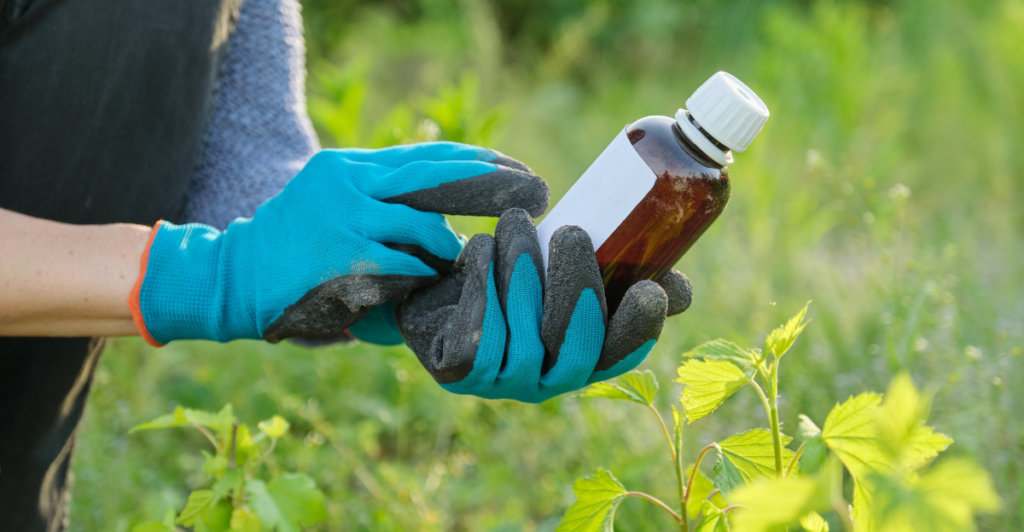
New cat owners often overlook the dangers of common household cleaners. These cleaners can contain insecticides or repellents that cats ingest during grooming. These chemicals, absorbed through their fur, may cause long-term health issues like organ damage or neurological problems. Opt for enzymatic detergents or cat-friendly floor cleaners instead. Always check labels for non-toxic formulations, especially if your cat has a habit of licking surfaces.
4. Neglecting Spaying or Neutering
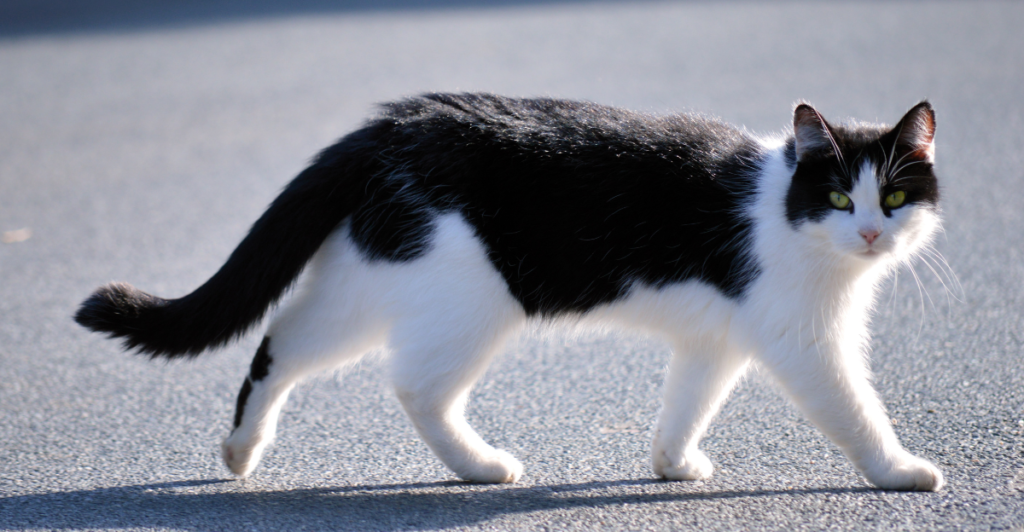
Most cats love exploring the world, but that comes with added risks if your cat hasn’t been spayed or neutered. Unspayed cats risk unwanted litters, uterine infections, or testicular cancer. Spaying or neutering before sexual maturity (4–6 months) reduces overpopulation and health risks. A cat left unspayed can have an average of 20 kittens per year, sometimes even more. This can quickly lead to overpopulation and a lack of proper care for each kitten. Low-cost options are often available through shelters or vets.
5. Overlooking Dental Health
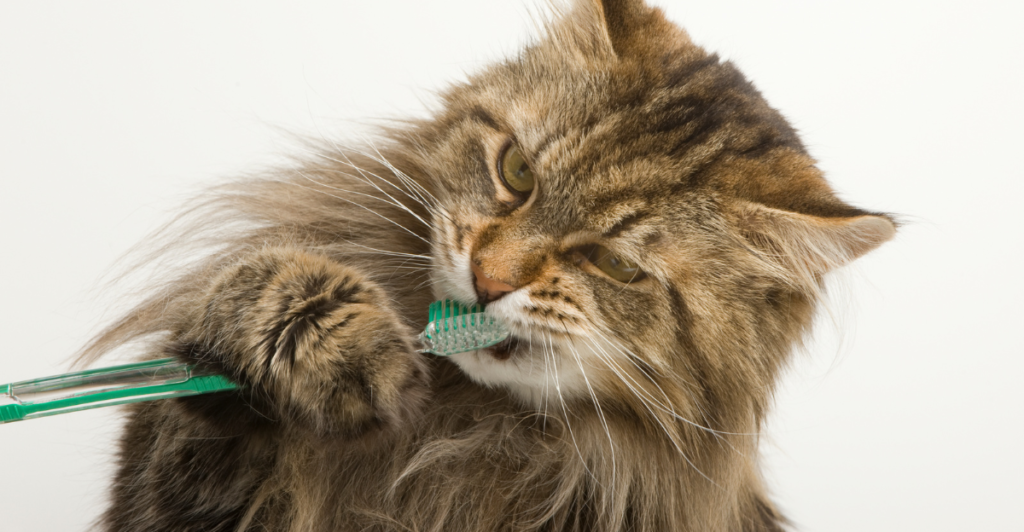
Dental care for your cat might be something you never have considered, but it’s extremely important. Gum disease and tooth decay are common in cats. Brush their teeth daily with vet-approved tools and provide chew toys to reduce tartar. Dental treats and toys are also a great way to ensure that their dental health stays in tip-top shape. Make sure to add dental checks to your checklist on your next veterinarian visit to address any possible dental issues quickly.
6. Using Essential Oils
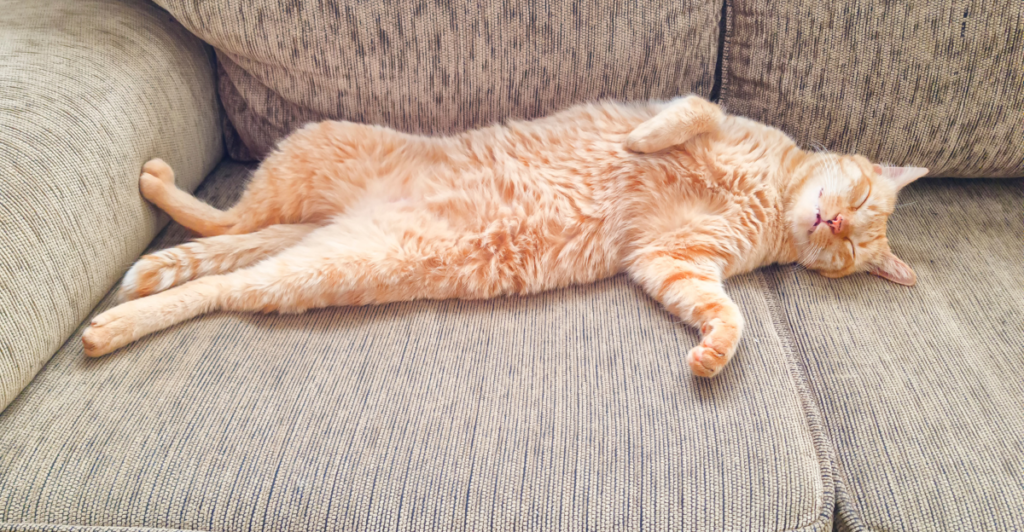
Many people love using essential oils in their homes, and it’s perfectly understandable. They bring a sense of calm and relaxation into your home while making every room smell great. Here’s the thing: Essential oils like lavender or peppermint are toxic to cats, who lack enzymes to metabolize them. Avoid diffusers and opt for odor-free cleaning. If your home smells, increase ventilation or use baking soda. Avoiding these pitfalls will foster a safer, healthier environment for your feline companion. Always prioritize proactive care and consult a vet for tailored advice.
7. Neglecting Litter Box Maintenance
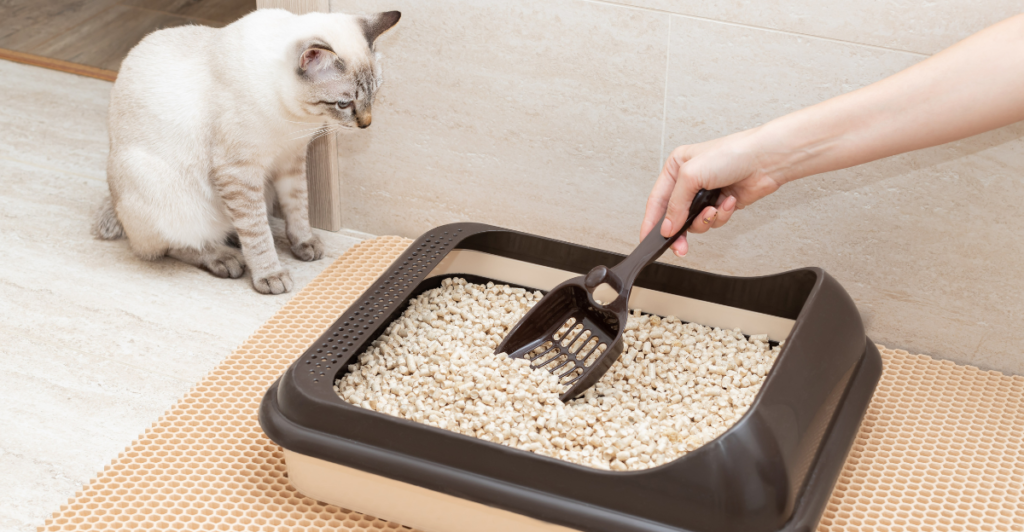
Taking care of your cat’s litter box is extremely important, as cats are very particular about their hygiene habits. Leaving the litter box without constant maintenance can lead to accidents outside the box or stress-related behaviors. Scoop daily to remove clumps and waste, and change litter completely every 7–10 days. Provide one litter box per cat plus one extra to prevent competition. Avoid scented litters, as cats may reject them. Clean the box with mild, unscented soap to eliminate lingering odors. Neglecting this routine can strain your bond and create lasting habits like avoiding the litter box entirely.
8. Allowing Free Outdoor Access
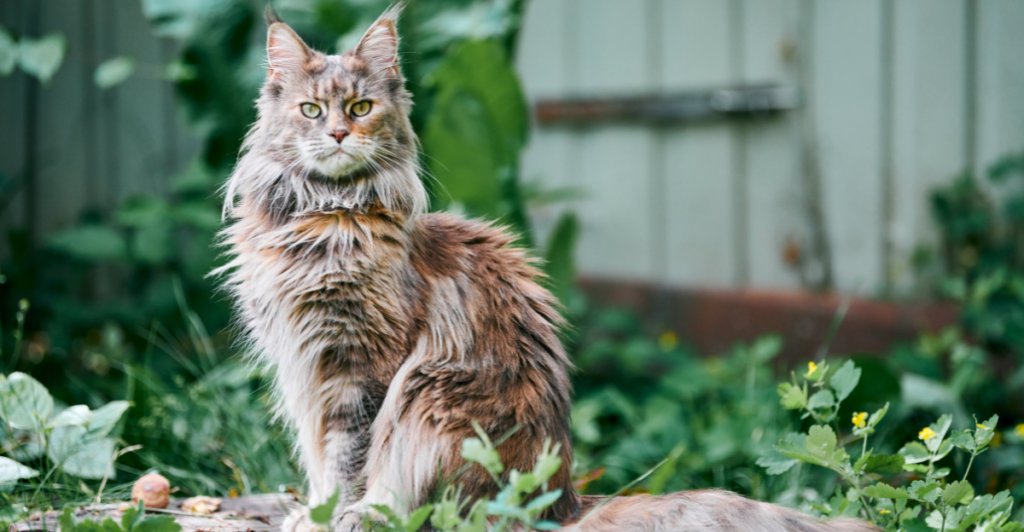
Cats love exploring, and that includes the world outside of their home. For cats with access to being outside, it’s important to set some boundaries to ensure your cat’s safety. Granting uncontrolled outdoor access exposes cats to trauma, disease, and predation. Free-roaming cats face risks like road collisions (45% crossroads unsupervised), toxins (pesticides, antifreeze), and diseases (feline leukemia, rabies). Neglecting safer options shortens lifespans (the average is 2–5 years outdoors vs. 15–17 indoors) and affects the ecosystems around them. Consider using screened-in patios or harnesses with close supervision to keep them safe from the outside world.
9. Ignoring Mental Stimulation
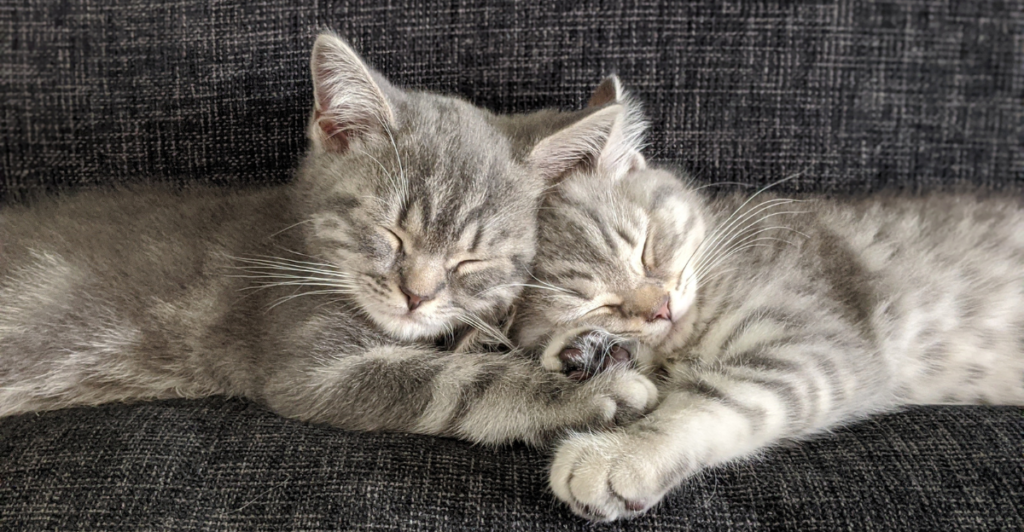
Cats constantly need mental stimulation to keep them out of trouble. Cats that aren’t stimulated can quickly get bored, which leads to destructive behavior and stress. Rotate toys weekly to keep playtime engaging, and use puzzle feeders to mimic hunting by challenging them to work for treats. Create vertical spaces like cat shelves or climbing structures to encourage exploration.Interactive play with feather wands or laser pointers (used safely) can strengthen your bond and satisfy your instincts. Cats love attention, and giving them the love they deserve can go a long way.
10. Ignoring Behavioral Changes
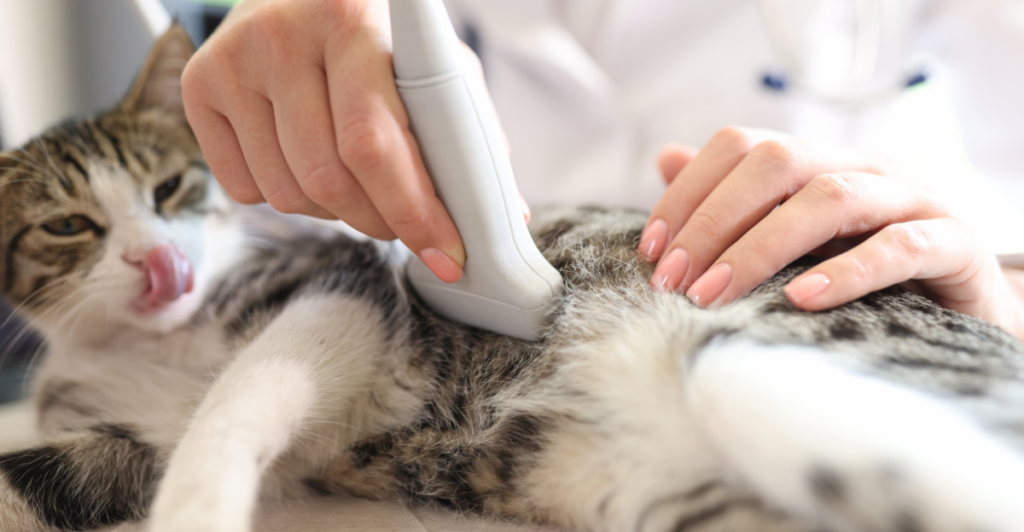
Cats communicate through subtle cues, and dismissing changes like hiding, increased vocalization, aggression, or litter box avoidance can worsen underlying issues. These shifts often signal pain, stress, or medical problems like arthritis, kidney disease, or hyperthyroidism. Ignoring aggression or fear-based behaviors risks escalating them into dangerous habits, while neglecting social needs may lead to frustration or anxiety. Always address abrupt changes by consulting a vet to rule out health issues and working with a behaviorist to identify triggers. Redirect problematic behaviors proactively—e.g., offering toys during play aggression or adjusting routines for stressed cats.
11. Not Providing a Safe Environment
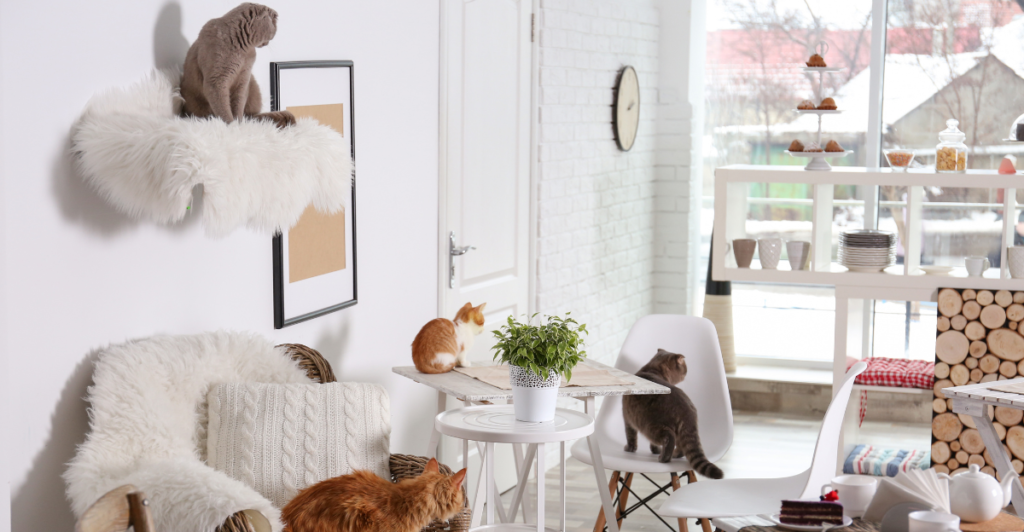
Cats thrive in secure, hazard-free spaces. Leaving toxic substances (e.g., antifreeze, medications), electrical cords, or small objects like coins or batteries within reach can lead to poisoning or choking. Secure loose wires, store chemicals in locked cabinets, and block access to dangerous zones like garages or laundry rooms. Ensure windows and doors are screened to prevent escape attempts and provide stable climbing structures to reduce falls. A clutter-free, predictable layout reduces stress while hiding spots like cardboard boxes or tunnels offer comfort. Neglecting safety measures risks accidents, injuries, or stress-related illnesses.
12. Neglecting Social Interaction
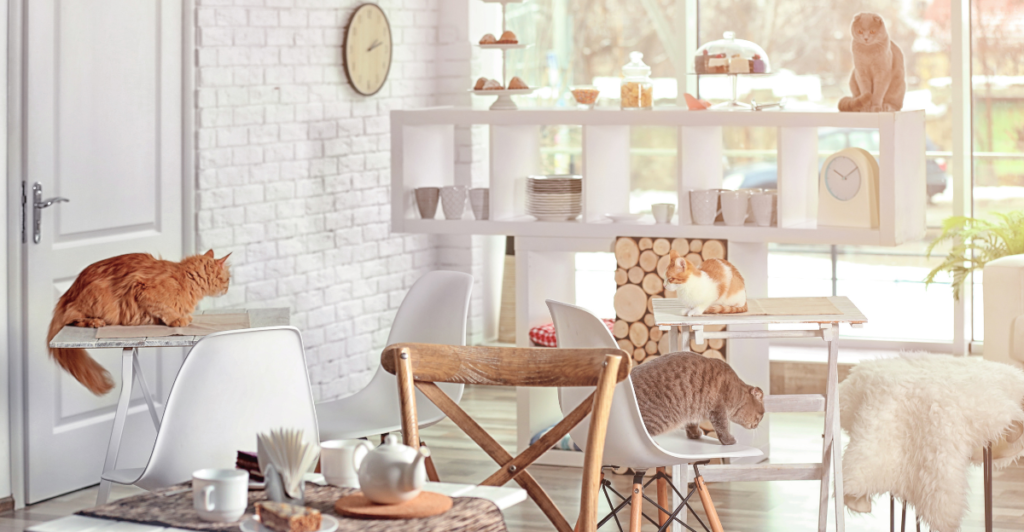
Cats are social creatures and thrive on love and attention; whether it’s with a human or another animal, they’ll be happy. Ignoring social needs can lead to withdrawal, anxiety, or attention-seeking behaviors like excessive meowing. Spend 15–30 minutes daily engaging in activities like grooming, play, or simply sitting together. Let your cat initiate contact to respect their boundaries, and avoid forcing interaction if they seem stressed. For multi-cat households, ensure each cat receives individual attention to prevent jealousy. Cats want to maintain any strong bonds they have with their owners, and taking that bond for granted can be detrimental to your cat’s health.
13. Not Providing Fresh Water Daily
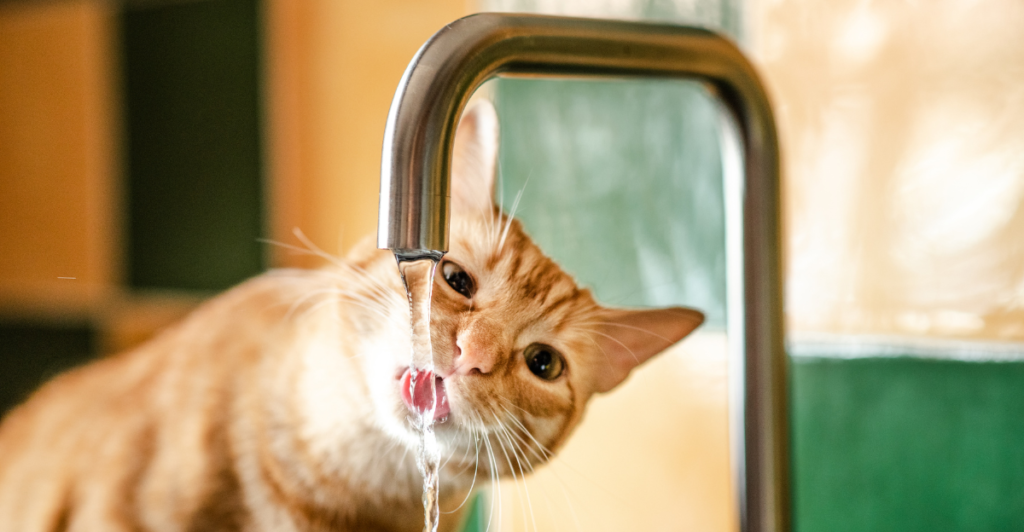
Water is life, and that counts for cats, too. They are finicky about water quality and may avoid stagnant or contaminated water, leading to dehydration. Change water daily and use heavy ceramic or stainless steel bowls to prevent tipping. Avoid plastic bowls, which can impart odors, and place water stations in quiet, low-traffic areas to encourage drinking. If your cat has urinary issues, consider alternatives to help with water intake. Consider filtered fountains, which might encourage them to drink water more often. Neglecting freshwater risks kidney stones, UTIs, or chronic dehydration, especially in older cats.
14. Not Grooming Your Cat
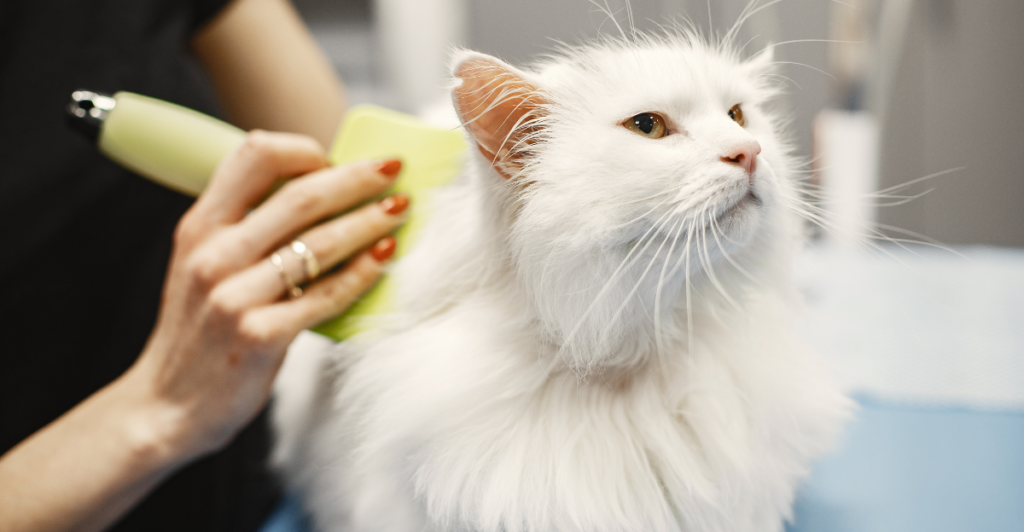
It’s a well-known fact that cats take care of their grooming, but this is a flaw because owners are still responsible for their cats’ grooming. Cats rely on grooming for hygiene and stress relief, but neglecting their needs can lead to matting, hairballs, or skin irritation. Brush long-haired cats 2–3 times weekly with a slicker brush or grooming gloves to remove loose hair and prevent tangles. For short-haired cats, weekly brushing suffices. Clean ears monthly with vet-approved solutions to avoid infections, and trim nails every 4–6 weeks to prevent overgrowth. There’s no need to bathe your cat, as it self-cleans exceptionally well.
15. Inconsistent Training Methods
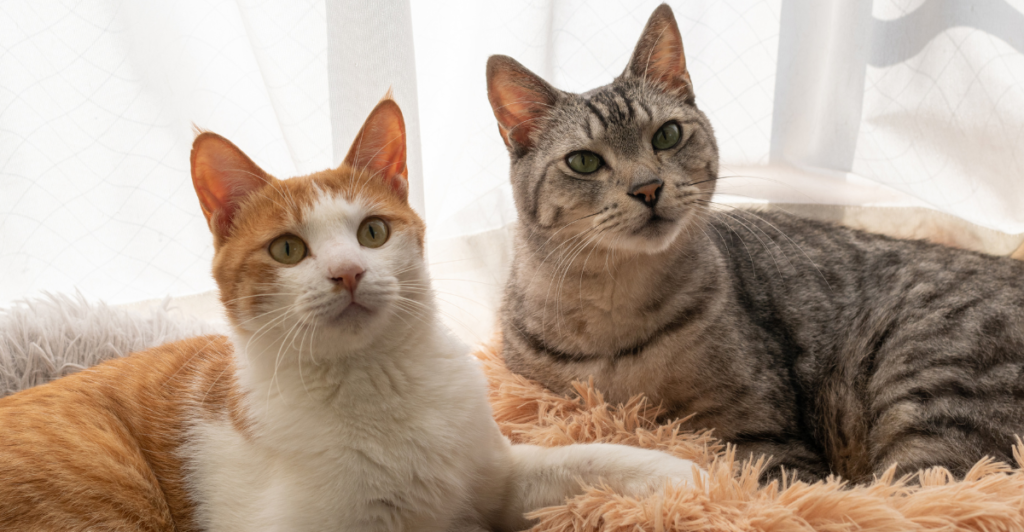
Cats thrive on clear, consistent rules, but mixed messages confuse them. For example, allowing counter surfing sometimes while punishing it other times teaches cats to wait for the right moment to misbehave. Similarly, family members who disagree on rules (e.g., table begging or bed privileges) create stress and reinforce unwanted behaviors. Positive reinforcement is the best way to train your cat, but make sure that all members of your household follow the same rules to avoid confusing your cat.
Explore more of our trending stories and hit Follow to keep them coming to your feed!

Don’t miss out on more stories like this! Hit the Follow button at the top of this article to stay updated with the latest news. Share your thoughts in the comments—we’d love to hear from you!







